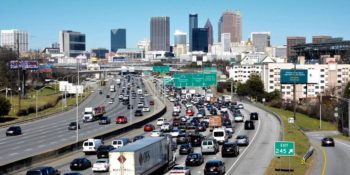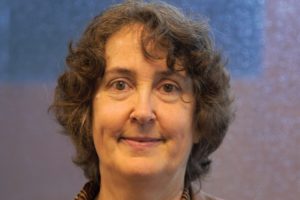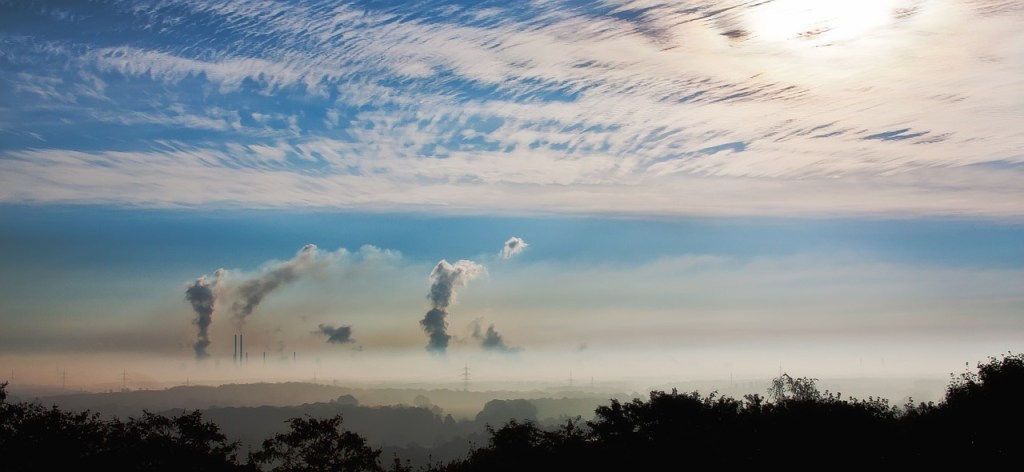By June Deen and Dr. Anne Mellinger-Birdsong
In the past year, a global pandemic killed millions of people worldwide and thousands here at home. COVID-19 exposed weaknesses in our health system and health inequities as people of color became infected and died at higher rates. We are coming out of the pandemic, but will we apply the lessons we learned going forward?

We face another health crisis: climate change. We already see that climate change is degrading air quality in the United States and harming health. Warmer temperatures and more extreme weather events, especially droughts and wildfires, make it much harder to clean up air pollution like ozone and particulate matter. According to the World Meteorological Organization, the year 2020 was one of the three warmest on record, and rivaled 2016 for the top spot.
The American Lung Association’s annual “State of the Air” report found that nationwide, more than four in 10 people (135 million) live with polluted air, placing their health and lives at risk. Despite some nationwide progress on cleaning up air pollution, people of color are significantly more likely to breathe polluted air than white people. The report also showed that people of color were 61% more likely than white people to live in a county with a failing grade for unhealthy air.

Too many communities are burdened with nearby sources of pollution that harm their health – like power plants, oil and gas operations, major roads, and ports. And these overburdened communities are more likely to be communities of color. As the nation works to address climate change and to continue reducing air pollution, we must give priority to the health of overburdened communities.
In Atlanta, according to the “State of the Air” report, ozone and particle pollution increased risk for those more vulnerable to the effects of air pollution, such as older adults, children and people with a lung disease. Despite improvements from previous years, Fulton County continues to receive an “F” for ozone in the report. On May 24, Atlanta experienced its first ozone pollution exceedance for 2021, reaching 132 on the Air Quality Index. Ozone damages lungs, causes asthma attacks, makes emphysema worse, and can lead to premature death.

We can each take steps to fight climate change, but it will take all of us working together to do what needs to be done. The urgency of the climate crisis demands strong, quick action on climate at all levels of government — federal, state and local — to protect health. We must push to switch from fossil-fuel power plants to clean, non-combustion, renewable energy; to clean up oil and gas drilling operations to reduce pollution, including methane; to improve energy efficiency; and to switch to zero-emission transportation, including in cars, trucks and buses.
Everyone has a part to play in fighting climate change and preserving clean air. If we learn from lessons of the pandemic and address problems now, we can have a healthier, more equitable, and more promising future ahead. You can navigate to this site if you are interested to be part of a community that fights climate change.
June Deen is director of advocacy for the American Lung Association in Georgia. Anne Mellinger-Birdsong, M.D., is medical education adviser for Mothers and Others for Clean Air.

